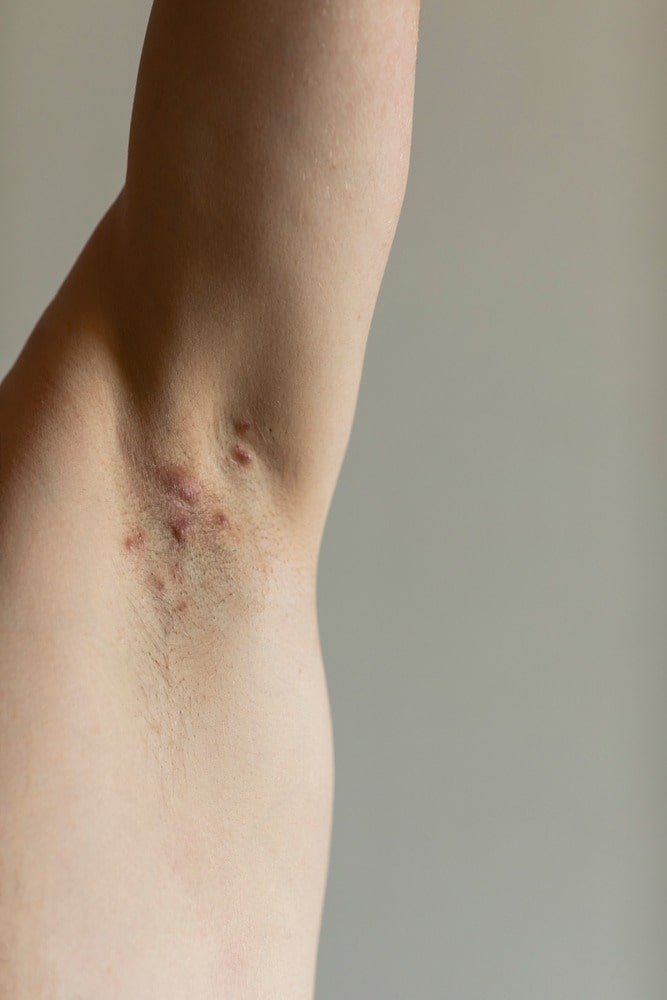Hidradenitis suppurativa (HS) is a chronic skin condition that primarily affects areas rich in sweat glands, such as the armpits, groin, and under the breasts. Characterized by painful lumps, abscesses, and the formation of tunnels under the skin, HS can significantly impact quality of life.
The exact cause of HS is not fully understood, but it is thought to involve an abnormal immune response leading to inflammation of hair follicles. Genetics, obesity, smoking, and hormonal changes may also play a role in its development. Symptoms often begin with small, painful nodules that can rupture and drain pus, leading to scarring and the formation of new lesions over time.
Diagnosis typically involves a physical examination and a review of symptoms. There are no definitive tests for HS, making it essential for healthcare providers to recognize its characteristic signs.
Treatment Options for Hidradenitis Suppurativa
Hidradenitis suppurativa requires a tailored approach to management. One of the first lines of treatment often includes topical therapies, which can be effective for mild cases. Topical antibiotics, such as clindamycin, help reduce bacterial presence and inflammation. Additionally, corticosteroid creams can relieve pain and swelling during flare-ups. These treatments are generally easy to use and can be integrated into daily routines, making them a convenient option for many patients.
Systemic medications like tetracyclines and biologic therapies like adalimumab are often recommended for moderate to severe cases of inflammation and infection. These medications help manage inflammation and reduce flare-ups, allowing patients to maintain a more active lifestyle. Patients should work closely with healthcare providers to monitor potential side effects.
Surgical interventions are often required for individuals with extensive disease or recurrent abscesses, ranging from draining to extensive surgery. These procedures can alleviate the disease burden, improve skin appearance, and enhance comfort. However, they may not prevent future flare-ups, necessitating ongoing management strategies.
Medical treatments and lifestyle modifications are crucial for managing hidradenitis suppurativa (HS). Maintaining a healthy weight, wearing loose-fitting clothing, practicing good hygiene, and stress management techniques like mindfulness or therapy can help reduce friction and sweating, while a comprehensive approach that combines medical treatment with lifestyle changes can significantly improve HS quality of life.



